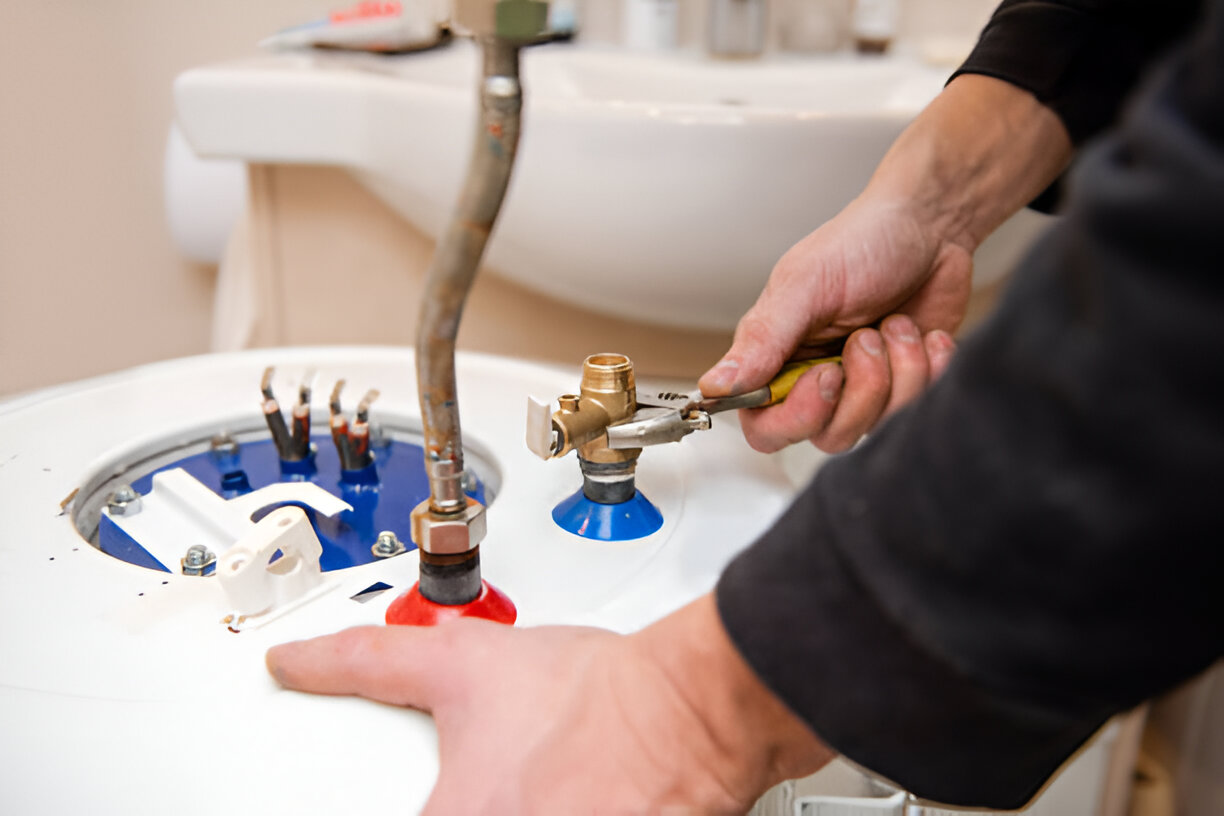
Heating Repair in York City, PA
When your furnace, boiler, or heat pump fails in York City, PA, the result is more than discomfort — it can affect safety, energy costs, and the longevity of your system. York’s cold winters, older housing stock, and mix of natural gas and oil-fired systems mean timely, professional heating repair is essential to keep homes warm, efficient, and safe.
Why timely heating repair matters in York City
- York winters lead to long run-times; small faults quickly become bigger failures.
- Older boilers and furnaces common in the area are more prone to leaks, corrosion, and ignition problems.
- Power interruptions or freeze-thaw cycles can damage controls, pumps, and outdoor equipment like heat pump condensers.
- Untreated heating faults can cause safety hazards (carbon monoxide, gas leaks) and higher utility bills.
Common heating system problems we see in York City homes
Furnaces
- No heat or intermittent heating
- Short cycling (system turns on and off quickly)
- Ignition or pilot failures
- Blower motor or fan issues causing poor airflow
- Strange noises (rattling, banging, squealing)
- Yellow flame or unusual exhaust behavior indicating combustion issues
Boilers
- Pressure loss or frequent low-pressure warnings
- Leaks from pipes, valves, or heat exchanger
- Cold spots on radiators or inconsistent zone heating
- Kettling (rumbling from mineral buildup)
- Circulator pump or zone valve failures
Heat pumps
- Loss of heating capacity or weak airflow
- Outdoor unit frosting or excessive ice build-up
- Defrost cycle failures
- Low refrigerant charge or compressor problems
- Reversing valve or control module malfunctions
Diagnostic process — what a professional will check
A thorough diagnostic isolates the root cause quickly and safely. Typical steps include:
Safety check
- Inspect for gas leaks and measure combustion and flue behavior.
- Test for carbon monoxide risk and confirm CO detectors are functioning.
Visual and mechanical inspection
- Check burners, heat exchanger, pumps, valves, ductwork, and outdoor units for damage or corrosion.
Electrical and control testing
- Verify thermostats, relays, capacitors, contactors, and control boards.
System performance testing
- Measure airflow, temperature rise, pressures (boiler and refrigerant), and run-time behavior.
Component-level testing
- Test motors, bearings, igniters, and sensors with diagnostic tools to confirm failures.
Technicians document findings and explain repair options in plain terms so you understand the cause and implications.
Typical repair options and common replacement parts
Repairs range from simple maintenance to major component replacement. Common fixes include:
- Replace filters, belts, and thermostats to restore airflow and control accuracy
- Replace ignition assemblies, flame sensors, or control boards to fix start-up problems
- Repair or replace blower motors, circulator pumps, and zone valves to restore circulation
- Repair minor refrigerant leaks and recharge systems; replace compressors or reversing valves when needed for heat pumps
- Replace corroded valves, expansion tanks, or leaking pipes on boilers
- Replace heat exchangers only when cracked or irreparably corroded (safety-critical decision)
When parts are replaced, technicians use compatible, code-compliant components and verify system performance afterward.
Emergency response and typical timeframes
York homeowners often need urgent help during winter weather. Local, family-operated services typically offer:
- 24/7 emergency response for safety-critical issues (no heat during extreme cold, suspected gas leaks, or CO alarms)
- Same-day emergency visits or response within a few hours when severe conditions exist
- Scheduled diagnostic visits next business day for non-emergency repairs
Emergency protocols prioritize safe shutdown, temporary fixes to restore heat, and clear communication about required permanent repairs.
Technician qualifications and safety standards
Expect technicians to be:
- PA-licensed and experienced with local fuel types and heating system varieties
- NATE-certified for HVAC troubleshooting and EPA-certified for refrigerant handling when working on heat pumps
- Trained in combustion analysis, carbon monoxide safety, and the latest manufacturer repair proceduresCertified technicians provide documented findings, explain safety concerns, and recommend code-compliant repairs.
Repair vs replacement — how to decide
Repair is usually the best choice when:
- The problem is isolated and parts are available
- The system is relatively new or mid-life and otherwise reliable
- Repair restores safe operation and reasonable efficiency
Replacement is recommended when:
- The system is approaching the end of its expected service life or has had several costly failures in a short time
- The heat exchanger, compressor, or other major safety-critical component is failing
- Repair costs would approach the value of a new, more efficient system and long-term savings justify replacement
- You want to improve home comfort, zoning, or energy efficiency beyond what a repaired old system can provide
Technicians can compare long-term operating costs, energy savings from newer, higher-efficiency models, and expected remaining life to help make an informed decision.
Preventive maintenance and seasonal tips for York homeowners
- Have annual pre-season inspections: furnaces/boilers in fall, heat pumps before first cold spell.
- Change or clean filters regularly and keep return vents unobstructed for proper airflow.
- Bleed radiators and check boiler pressure monthly during the heating season.
- Keep outdoor heat pump units clear of debris, snow, and ice buildup.
- Test carbon monoxide alarms and replace batteries routinely; a working CO detector is a critical safety device for homes with combustion heating.


Enjoy flexible financing options that make upgrading or repairing your HVAC system easy and budget-friendly.










